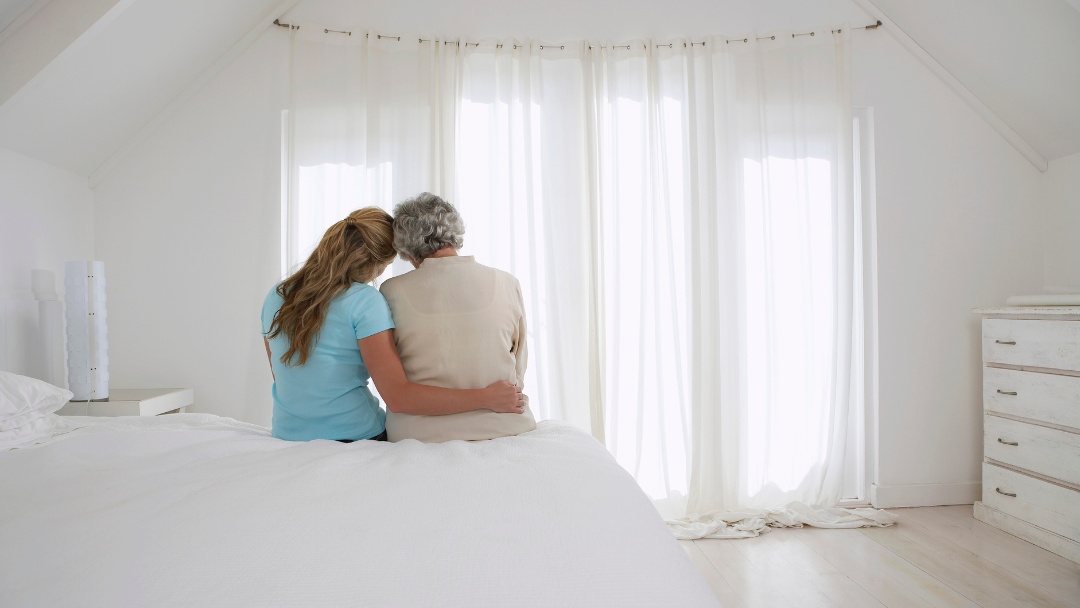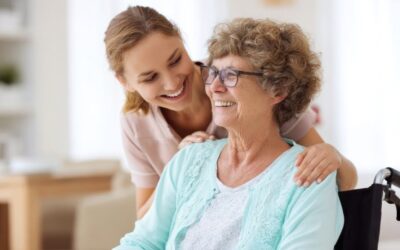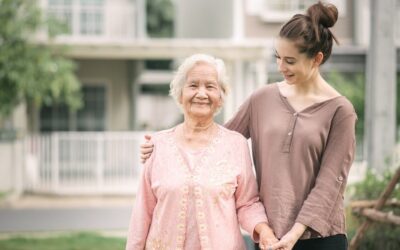As our loved ones age, it can be incredibly difficult, and even emotional, to determine when they might need additional help to maintain their quality of life. While some seniors thrive independently, others may begin to struggle with daily tasks, memory, or emotional well-being. Recognizing the signs that a senior may need home care can be critical in safeguarding their health, welfare, and happiness. Here are some key physical and cognitive indicators that suggest it might be time to consider senior home care assistance.
Physical Signs That Home Care May Be Needed
One of the first signs that a senior may require at-home care is a decline in their physical abilities. If you notice that your loved one has difficulty with basic tasks like bathing, dressing, or preparing meals, they might benefit from the support of a caregiver. Slips and falls are common among seniors and can be particularly dangerous, leading to fractures or other injuries. If your loved one has had a recent fall or struggles with balance, home care can provide them with the supervision and assistance they need to stay safe.
Another physical indicator is weight loss or poor nutrition. If your senior loved one is losing weight unexpectedly or appears malnourished, it could indicate that they are no longer able to cook for themselves or are forgetting to eat at regular intervals. A caregiver can help by preparing nutritious meals to ensure they maintain a balanced diet, and providing gentle reminders to eat throughout the day.
Cognitive Decline and Emotional Changes
Cognitive changes can be subtle at first, but recognizing the early signs of cognitive decline can make all the difference in the overall wellbeing of your loved one. Forgetting appointments, losing track of time, or misplacing everyday objects may seem like minor incidents, but when these behaviors become frequent, they may point to more serious issues like dementia or Alzheimer’s. If your loved one exhibits signs of cognitive decline, such as confusion, poor judgment, or difficulty managing finances, it may be time to explore senior home care options.
Emotional and psychological changes are also common in seniors who could benefit from additional care. Feelings of isolation, loneliness, or depression may surface as a senior’s social interactions decrease. If your loved one seems withdrawn, exhibits mood swings, or has lost interest in activities they once enjoyed, these could be emotional signs that they need extra support. A caregiver from All Seasons can provide companionship and social engagement which can help to reduce feelings of isolation.
Signs of Self-Neglect
Self-neglect is another red flag sign that a senior may need at-home care. This may manifest as poor personal hygiene, wearing the same clothes for several days, or neglecting household chores like laundry or cleaning. Seniors may also have difficulty managing their medications, either forgetting to take them or taking incorrect doses, which can have severe consequences. A professional caregiver can take on these at-home care duties so that your loved one maintains their personal hygiene, a tidy home environment, and a medication schedule.
Considering the Cost of Senior Home Care
One concern many families face is the cost of senior home care. While prices can vary depending on the level of care required, many families find that in-home care is a more affordable and personalized alternative to residential care facilities. It’s important however, to research the senior home care cost in your area and determine what services your loved one truly needs. Whether it’s a few hours of assistance each week or full-time care, many agencies offer flexible plans to accommodate different budgets.
How to Take Action
Recognizing when a senior loved one needs at-home care is the first important step in looking out for their well-being. Physical challenges, cognitive decline and emotional changes, have one thing in common… the sooner you identify the need for assistance, the better. At All Seasons Homecare, we provide compassionate, personalized care designed to help seniors live safely and comfortably in their homes. If you believe your loved one is showing signs that they need additional support, reach out to us at (925) 363-4900 to discuss how we can help them maintain their independence and quality of life.




